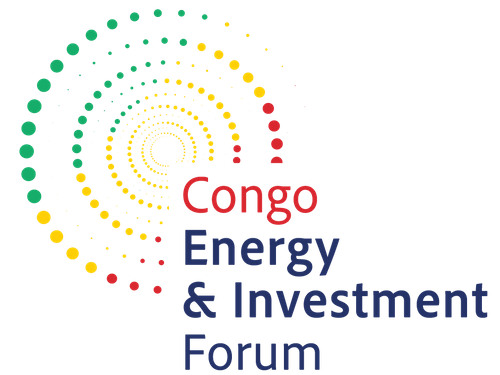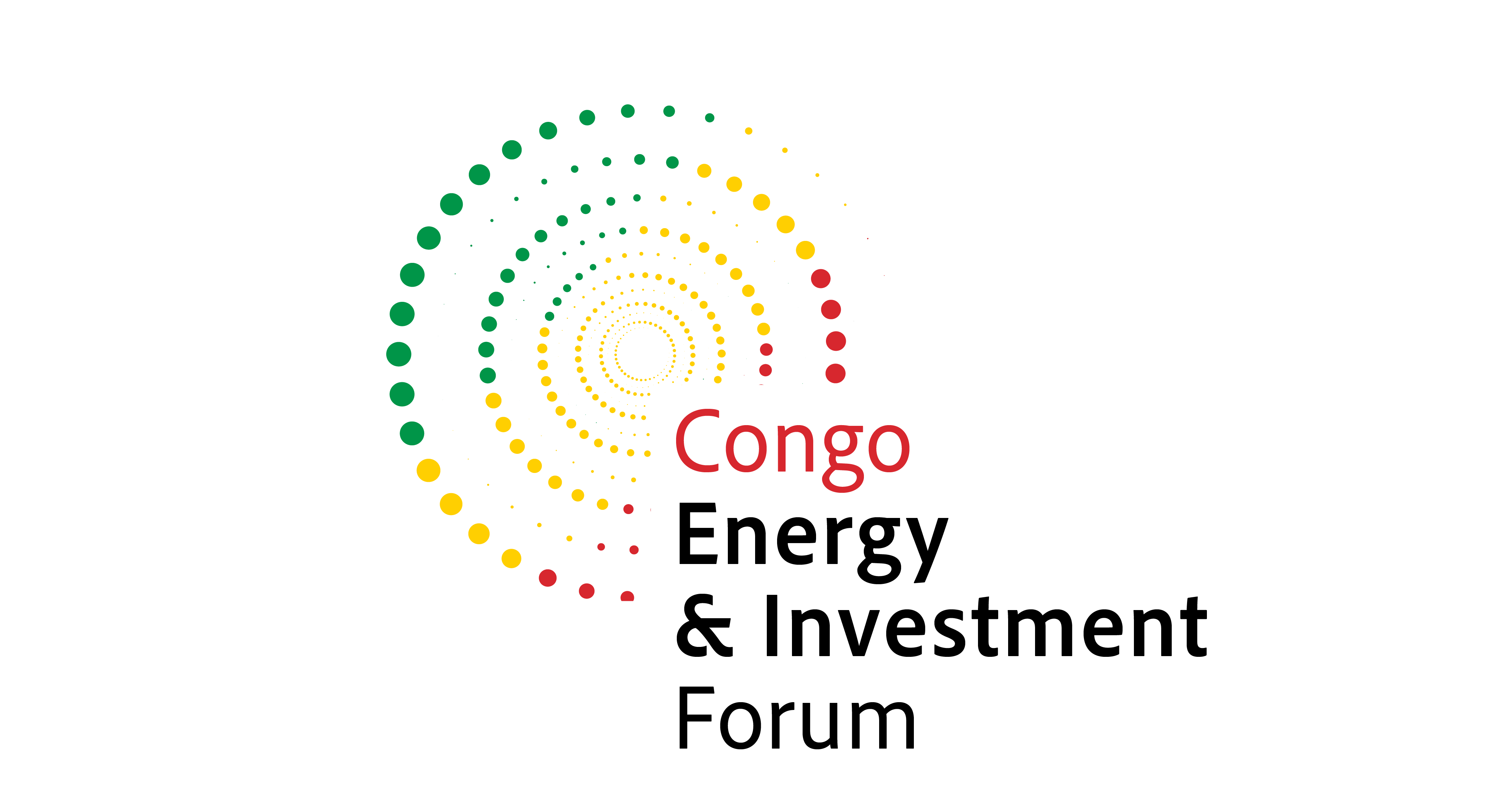Congo’s Trident OGX Targets 80,000 bpd by 2028
)
Junior oil company Trident OGX has announced plans to increase its production from the Mengo-Kundji-Bindi II (MKB II) onshore oil fields in the Republic of Congo to 80,000 barrels per day (bpd) by 2028. This field development plan is expected to increase the Congo’s crude oil production level by up to 30%, aligning with Congo's Ministry of Hydrocarbons' strategy to elevate national crude oil output to 500,000 bpd within three years. Currently, the country's oil production stands at approximately 250,000 bpd. To reach its ambitious target, Trident OGX is implementing a bold strategy, integrating advanced technologies while addressing environmental and local content considerations.
Accelerating the Development of MKB II Fields
Trident OGX has been operating MKB II since 2021 after inheriting the fields from Congo’s national oil company SNPC (Société Nationale du Petrole du Congo) who had operated them for more than 17 years. SNPC still holds 60% of the permit under a production-sharing contract with Trident OGX at 30% and independent energy company Orion Oil at 10%. In an interview with Energy Capital & Power, Olivier Okota, Managing Director, Trident OGX, explained, "We benefit from their expertise. Trident OGX presented its plan and budget to the SNPC through technical and management committees,""As an associate, they also challenge us on our program and the technical part," said Okota. Additionally, the Ministry of Hydrocarbons has supported the transition with site visits and awareness-raising missions on key aspects like the production-sharing contract, trading, HSE and local content, reinforcing state involvement in project implementation.
Before commissioning in February 2024, the fields were producing 400 bpd. The company has then set an ambitious drilling schedule to maximize production capacity. "We plan to drill roughly 200 wells on the three fields to bring back to production a peak of between 80,000 and 90,000 barrels per day," Okota stated. Trident OGX’s production targets are based on certified reserves as MKB II fields are among the largest onshore fields in Congo. "In terms of reserves, we have more or less 5.8 billion barrels for block P50. For block P10, we have around 12 billion barrels," Okota detailed. Additionally, the company has outlined plans to ensure that its production activities adhere to regulatory and environmental standards as the fields are located near residential areas. "We are reducing our carbon impact on the project," Okota emphasized. "We use cutting-edge technologies that have minimal impact on the environment."
Aligned with the Congolese government’s vision of natural gas as a transition energy and its efforts to reduce flaring, Trident OGX is considering the long-term monetization of associated gas from the MKB II fields, which the company has estimated at over 1.3 TCF. Okota stated, "Our development plan includes evaluating options for gas valorization. Once reserves are verified and certified, we will engage with the state to establish a gas development plan, which will support contract renewal."
A Panafrican Collaboration Poised to Support Congo’s Economy
To fund its development program, Trident OGX secured a $300 million reserve-based lending facility from the African Export-Import Bank (Afreximbank) in September 2023. The financing will support the company’s efforts to increase production at MKB II. "Afreximbank believed in this project. They trusted us in an environment that is quite particular for fossil fuels," stated Okota. Access to financing remains a challenge for African oil and gas companies, particularly as many international banks have scaled back their investment in fossil fuel projects. The loan is structured to be disbursed in phases, depending on the progress of field development.
Okota revealed, "Afreximbank has set up a team and an independent consultant to carry out assessments". "Every three months, there is an assessment with an independent technical consultant who does the assessment with his staff," Okota explained. The bank conducted its most recent review in February 2025.
Beyond production increase, the goal of the project is to generate employment and state revenue. "We are between 2,000 and 2,500 in direct employment over the duration of the permit. Some of the indirect employment is also with the different suppliers that work with us," said Okota. The production-sharing contract also ensures that the Congolese state benefits directly from oil revenues. "There are both fiscal and non-fiscal revenues for the state. Around 15% of production and 35% of profits through the tax hold go to the state," Okota noted.
Demonstrating its commitment to Congo’s economic growth, Trident OGX served as a national sponsor of the inaugural Congo Energy & Investment Forum, reinforcing its role in the country’s energy sector. The Ministry of Hydrocarbons has confirmed the forum’s second edition for 2026, set to provide key updates on ongoing energy projects and industry developments.


